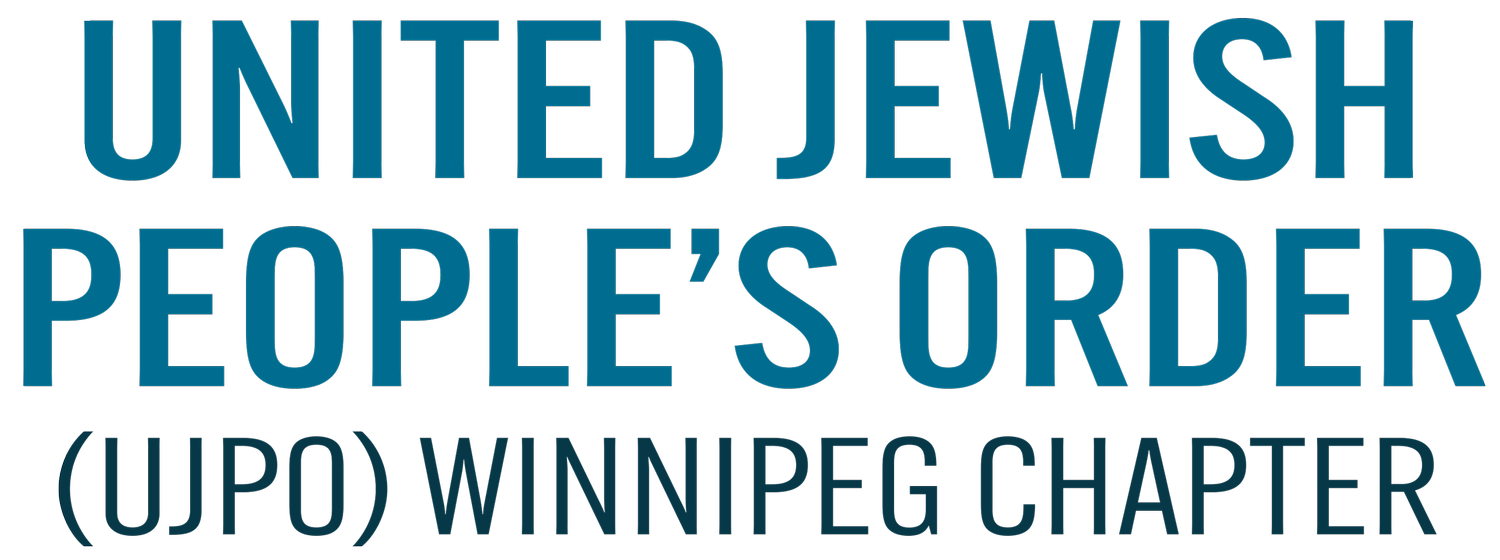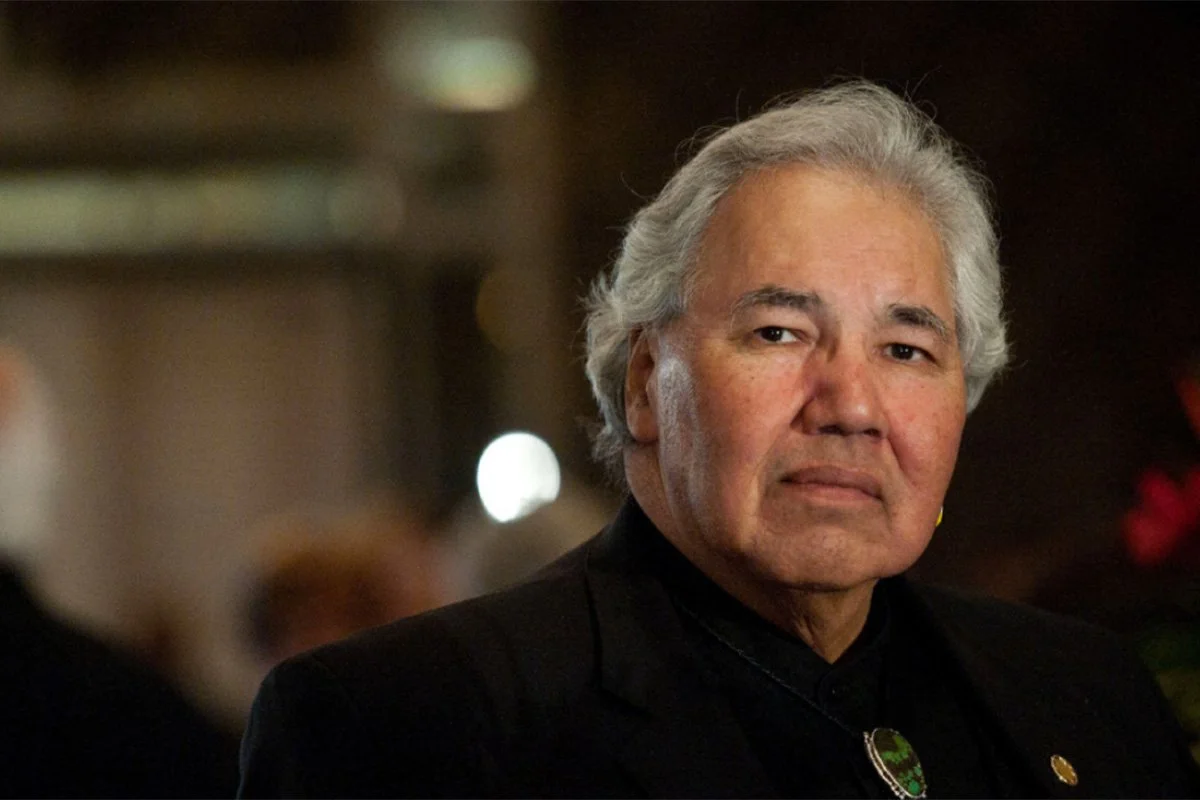UJPO Winnipeg was saddened to learn of the death of Murray Sinclair, former judge, senator and head of the Truth and Reconciliation Commission of Canada on Monday, November 3, 2024 in Winnipeg. He will be remembered as a compassionate and steadfast advocate for justice.
Murray Sinclair was the first First Nations judge in Manitoba, and in 1988 was appointed Associate Chief Judge. With Associate Chief Justice A.C. Hamilton, he conducted the Aboriginal Justice Inquiry (AJI) into the administration of justice for aboriginal people, which produced recommendations that changed the way indigenous people are considered in the justice system. In 2001 he was appointed to the Court of Queen's Bench in Manitoba, again as the first member from a First Nation.
Justice Sinclair also wrote a report on the deaths of babies in the cardiac unit of the Health Sciences Centre in Winnipeg. His findings resulted in significant changes in pediatric surgery and an examination of medical and systemic errors across the country.
From 2009-2015, Justice Sinclair acted as head of the Truth and Reconciliation Commission of Canada (TRC). He crisscrossed the country, listening to the testimonies of residential school survivors, documenting the forced removal of children from their homes and communities, the deliberate cultural genocide through denial of their languages and elimination of their culture and practices, through poor education and the abuses meted upon them. His massive report issued 94 calls for action to restore the rightful place of indigenous people in our society. As he put it; "Reconciliation is not an Indigenous problem. It is a Canadian one. It is one in which all Canadians are implicated.”[
His report stands as a touchstone for our society to go forward, and stressed education as the key to understanding. "Education got us into this mess," he said, "And education will get us out." As a result, educational curricula across the country have been revamped to include teaching about the harms of the residential school system and to incorporate indigenous ways of looking at our land and its development.
In the last number of years, Justice Sinclair served in the Canadian Senate and investigated the role of the Police Services Board in Thunder Bay, Ontario, which was accused of systemic racism toward indigenous people there.
He received numerous honours and awards for his life's work.
Justice Sinclair was also a friend of UJPO Winnipeg. He spoke at a fundraising gathering for Outlook Magazine several years ago about the residential school system. His legacy will continue in the work of many lawyers, politicians and activists who are inspired by his tireless and unflinching pursuit of truth and justice, through First Nations' peoples demanding respect and their place in society and through the education of children who will be better equipped to build more equitable communities.

